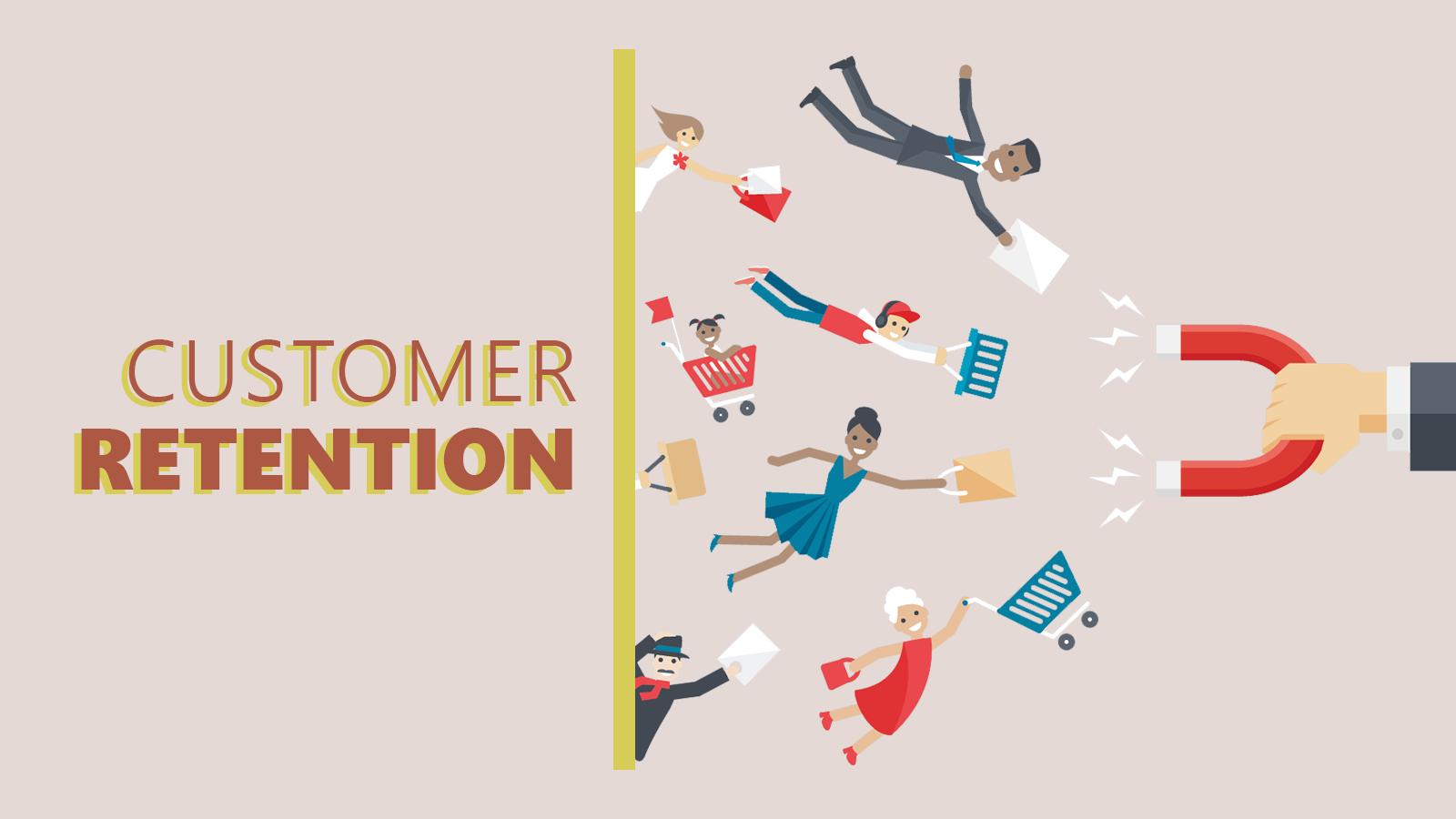5 Essential Factors Nigerian Startups Should Consider When Hiring
In today’s fast-paced startup world, attracting and retaining top talent depends on five critical pillars: speeding up your hiring process, delivering a stellar candidate experience, bridging skills gaps with strategic sourcing, understanding the true cost of a mis‐hire, and fostering a strong employer brand and inclusive culture. Embed these data-driven strategies into your recruitment playbook to turn hiring from a reactive necessity into a competitive advantage that fuels sustainable growth.

5 Essential Factors Nigerian Startups Should Consider When Hiring
Hiring in a startup isn’t just about filling seats, it’s about building the foundation of your business. In Nigeria’s dynamic business landscape, smart hiring decisions can accelerate growth, while poor ones can drain resources.
Here are five critical factors every Nigerian startup should prioritise when recruiting talent.
1. Speed Matters: Optimise Your Hiring Timeline
Why Time-to-Hire Impacts Growth
The average time to hire in Nigeria ranges from 30 to 45 days, depending on the industry. However, startups that reduce this to under 20 days often see faster onboarding and quicker revenue impact.
According to local HR experts, delays in hiring can cost startups up to ₦500,000 per role in lost productivity and opportunity costs.
Use applicant tracking systems and structured interviews to streamline your process.
2. Candidate Experience Is Your Brand
First Impressions Count
78% of Nigerian job seekers say their experience during recruitment influences their perception of the company. Yet, over 60% abandon applications due to poor communication or lengthy processes. A negative interview experience can lead to talent loss and damage your employer's reputation.
Companies with positive candidate experiences report 2x higher offer acceptance rates and 50% faster hiring cycles.
3. Skills Gap: Source Strategically
Nigeria’s Talent Shortage Reality
74% of Nigerian employers struggle to find candidates with the right skills, especially in tech, finance, and digital marketing. Passive candidates, those not actively job-hunting, make up nearly 70% of the workforce and are often more qualified.
Use platforms like Jobberman or LinkedIn to target passive talent and incorporate skills assessments to validate capabilities.

4. Understand the True Cost of a Bad Hire
It’s More Than Just Salary
Hiring the wrong person in Nigeria can cost between ₦1.5 million and ₦7.5 million, depending on the role. This includes recruitment expenses, onboarding, lost productivity, and rehiring costs. For mid-level roles earning ₦5 million annually, the ripple effect of a bad hire can be devastating.
33% of new hires in Nigeria leave within the first 90 days, costing startups an average of ₦1 million per turnover event.
5. Build a Strong Employer Brand & Inclusive Culture
Culture Drives Retention
Companies with strong cultures see 72% higher employee engagement. In Nigeria, where remote work is gaining traction, 64% of remote employees say they’d quit if forced back into rigid office setups. Psychological safety and appreciation are key, employees who feel valued are 2x more likely to stay.
Offer flexible work options, celebrate wins, and invest in leadership development.
Final Thoughts
Hiring in Nigeria’s startup ecosystem requires speed, strategy, and empathy. By focusing on efficient timelines, candidate experience, skill alignment, cost awareness, and cultural strength, you’ll build a team that’s not just talented but loyal and growth-driven.


